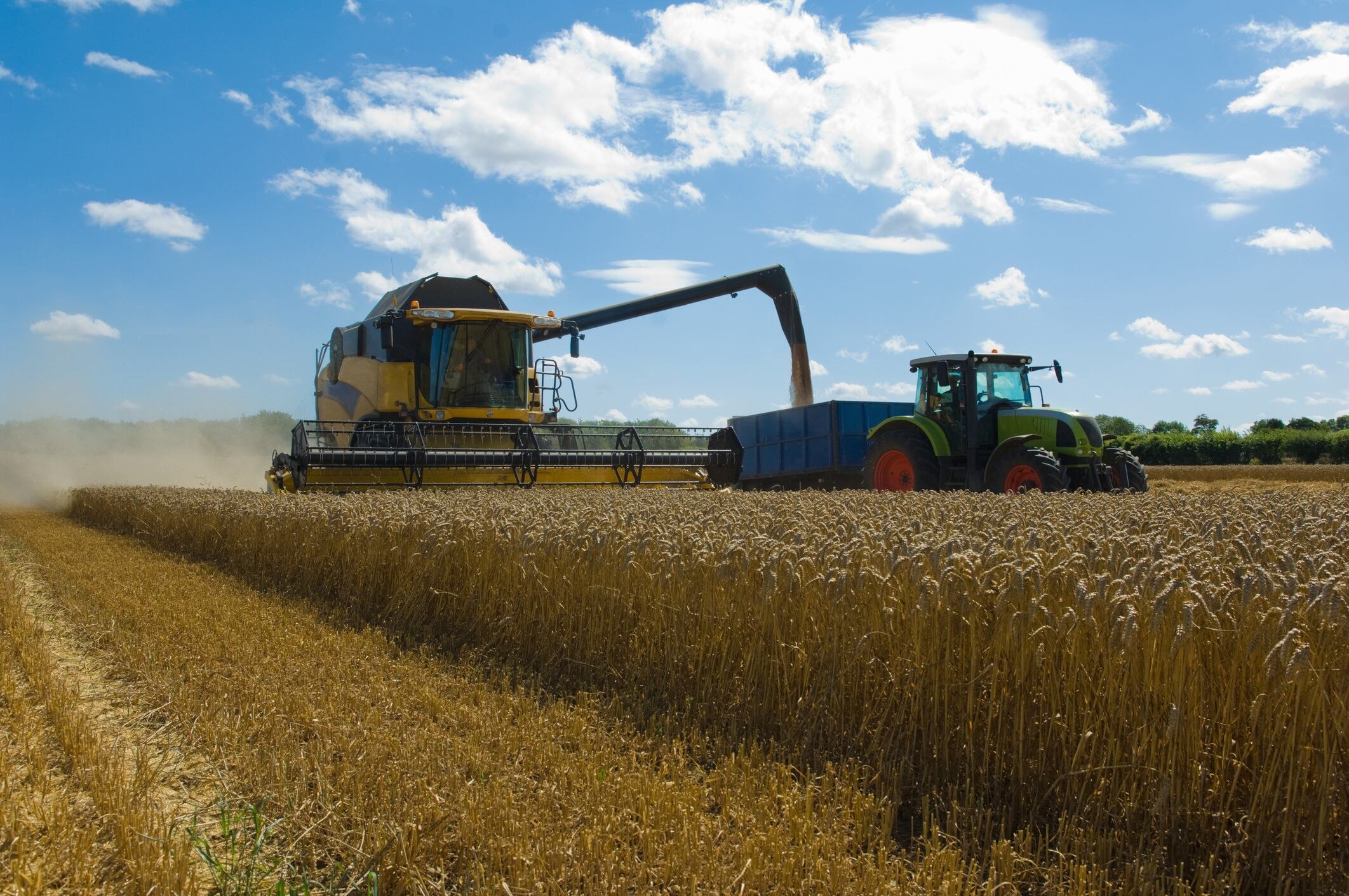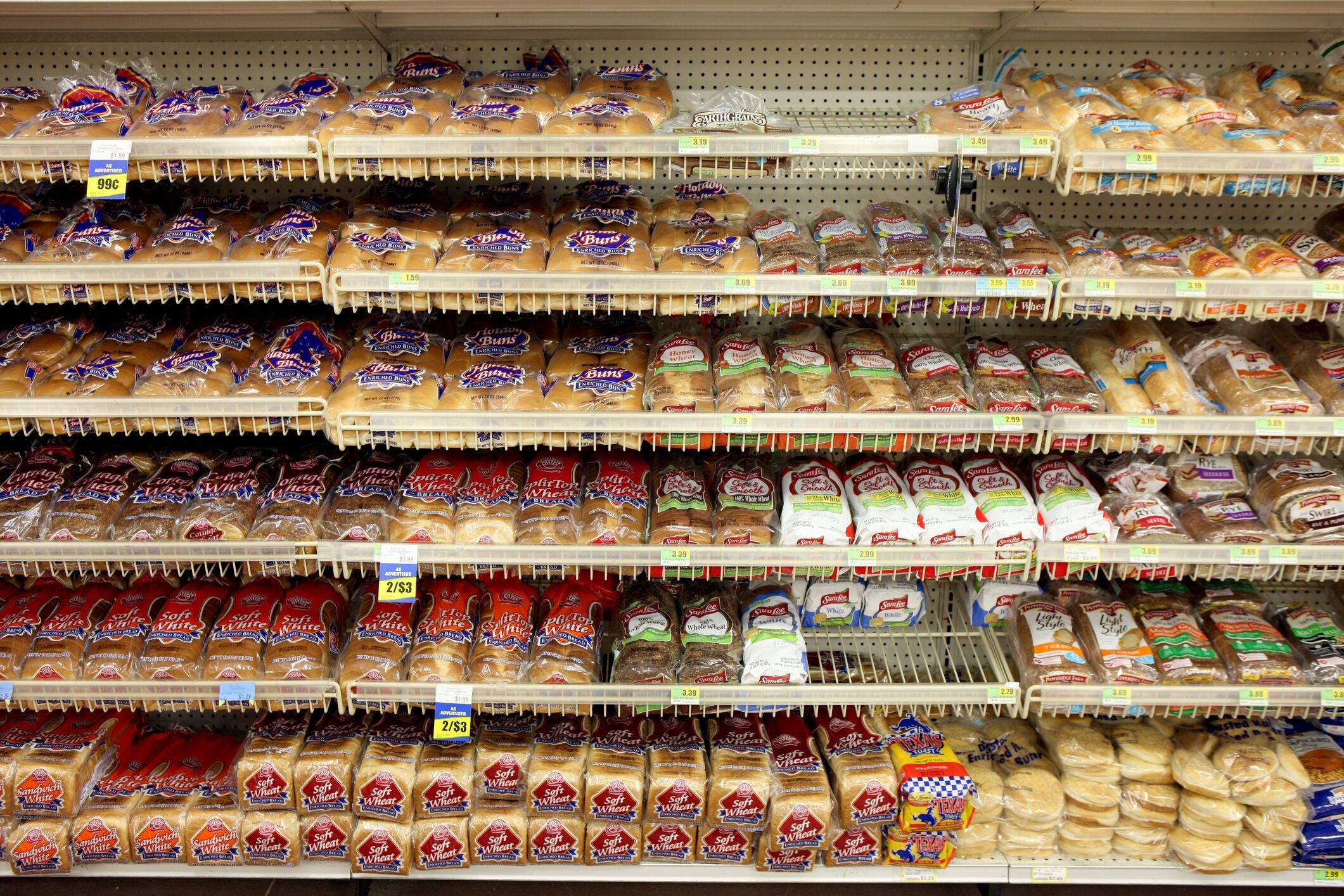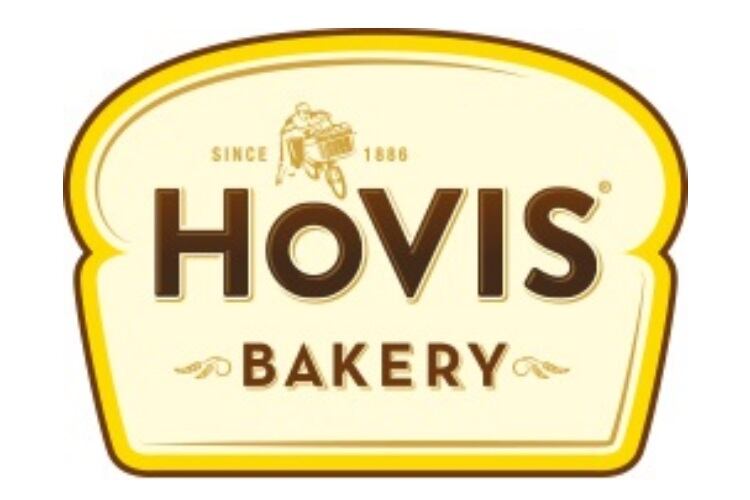Key takeaways:
- Energy costs and falling demand are squeezing UK bakery margins.
- A Hovis-Kingsmill merger could create a 41% market share leader.
- Long-term success hinges on premiumization and faster innovation.
A long-rumored tie-up between two of Britain’s best-known bread brands appears to be inching closer, with Associated British Foods (ABF) reportedly in the final stages of acquiring Hovis from private equity owner Endless. While neither side has confirmed a deal, sources suggest an announcement could land within days and the driver, many in the sector believe, is a simple one: the numbers no longer stack up.
If the deal goes ahead, ABF’s Allied Bakeries – home to Kingsmill, Allinson’s and Sunblest – would be paying around £75m for the 135-year-old Hovis brand. That’s small change compared to the estimated £5bn value of the UK bakery market, where roughly 11 million loaves are sold every day.
Yet the purchase price tells only part of the story. A merger of Britain’s second- and third-largest wrapped bread brands would create a new market leader with a combined 41% share, overtaking Warburtons’ 34% in the branded segment and almost certainly triggering Competition and Markets Authority (CMA) scrutiny.
Costs bite, demand falls

“The bakery sector is unfortunately in the perfect storm,” says James Watson, UK partner at global operations strategy and transformation consultancy Argon & Co. “The UK suffers from some of the highest industrial energy costs in Europe due to its exposure to wholesale gas markets. Bakery products have a relatively high energy cost component because of the nature of their manufacturing process.”
Even though wheat prices have fallen from their 2022 peak, Watson notes they “remain elevated, causing sustained margin pressure.” He adds: “Couple this margin pressure with falling demand and it becomes almost impossible to pass cost onto the end consumers without exacerbating volume decline.”
That combination, he believes, has left both Hovis and Allied in a position where merger economics start to make more sense than going it alone.
Where the savings are

Watson sees the biggest immediate efficiencies coming from behind the scenes. “The immediate benefit here comes from the non-customer facing teams and functions,” he explains. “Optimizing production across sites with shared capabilities means increased production efficiency and logistics benefits.”
He adds the merged entity would become the biggest buyer in the UK bread market “and that increased purchasing power will deliver further savings – but maintaining separate customer-facing teams will be an essential factor in preserving brand equity and retailer relationships in the immediate aftermath of the deal.”
It’s a delicate balance: squeeze costs without squeezing customers.
Why £75m for Hovis matters in a £5bn market
The £75m price tag for Hovis may look modest, yet it’s a distressed deal in a shrinking category. The UK bakery market is worth £5bn a year, with volumes falling, costs high and competition fierce. Only a handful of players dominate the branded bread aisle and the fight for share has become a battle to survive.
Regulatory mood may favor the deal
With a combined 41% market share, CMA involvement is inevitable. But Watson believes the political climate could tilt the odds in ABF’s favor.
“There’s no doubt this deal will trigger scrutiny. However, with continued pressure on the Labour government to show economic growth and pro-business policies, the recent formal direction to the CMA to consider economic growth, investment and the needs of UK businesses makes this more likely to proceed than it would have been historically.”
Still, conditions are likely. “Expect some measures to be put in place to ensure anti-competitiveness is minimised. What remains to be seen is what impact these will have on the scale and timelines of any financial benefits.”
Beyond cost-cutting

Watson is clear that cost savings alone won’t solve the bread sector’s long-term challenges. “The clearest opportunity to halt managed decline is by strategically realigning the product portfolio with key market growth drivers.”
He sees “significant upside” in exploiting the high-margin premium and specialty sector – from sourdough to seeded loaves – alongside cleaner, more transparent ingredient lists. “This must be balanced with a clear value proposition to defend market share against own-label competition, while innovating in new product formats to capture growing demand for convenience.”
That last point is critical. Watson says the bread market will need to move “from a volume-based commodity model to a value-added, consumer-centric approach,” which involves “re-engineering the value chain to focus on premiumization and clear market segmentation around health, indulgence and convenience.”
Execution will be everything

Even if the CMA waves the deal through, Watson warns the integration must be handled with care. “Getting execution right in the first 12 months hinges on prioritizing customer continuity above all else,” he says. That could mean keeping separate commercial teams for each brand, at least in the short term.
“The immediate focus for integration should be on delivering non-disruptive, back-end efficiencies, such as improved supply chain reliability and forecasting, that provide tangible benefits to the customer without altering the day-to-day relationship.”
Only once the operational groundwork is in place, he suggests, should ABF think about bigger brand moves.
If ABF and Endless can agree the final terms – and if the CMA plays ball – the UK bread aisle could soon be dominated by a new leader. Whether that leader can turn survival into growth will depend on how quickly it adapts to changing tastes, rising costs and a market that, for now, still feels very much in a “perfect storm”.



